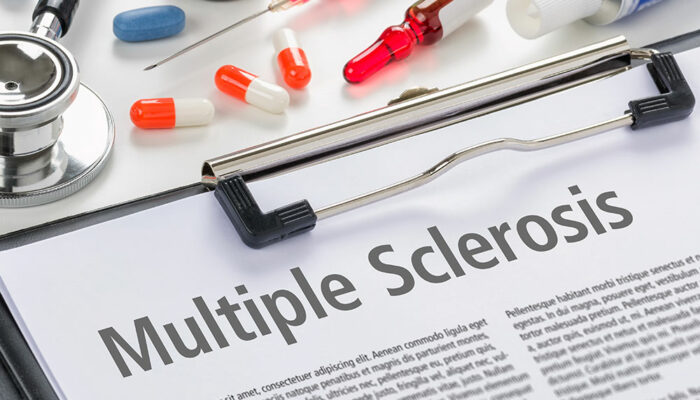
Food and Nutrition to Manage Schizophrenia
Schizophrenia is a condition that affects an individual’s mental health, leading to hallucinations, delusions, and disorganized behavior and speech. In this illness, the person loses their ability to concentrate, organize, or function rationally. Food and nutrition are vital in managing and maintaining the patient’s health, and here are some tips on what needs to be included in the diet.
1. Specific foods to eat
Fibrous fruits, like apples, raspberries, and pears, are a good addition. Vegetables like lima beans, sweet potatoes, and kidney beans keep the sugar levels in check, thanks to the potassium in them. Salmon, oysters, and crabs make for an excellent addition for being nutrient-rich and vital for those who are looking for a well-balanced meal! Apart from this, chicken and animal byproducts like yogurt are also known to add nutritional benefits.
2. Fish oil and omega 3 fatty acids
There is some evidence to suggest how omega 3 fatty acids play a role in brain development in kids; however, there is a continuous study done around this to understand how omega 3s’ efficiency in building a strong nervous and immune system could be used to help manage schizophrenia. However, be sure of how much of these essential nutrients you consume, as over-consumption could have certain side effects.
3. Organic
According to a small study, it was understood that certain additives in foods could trigger malfunctioning in the brain. Research suggests that histamine, a chemical, is released into the blood when these additives enter the body, affecting brain function. However, the research does not directly link with schizophrenia, just obstruction in brain functions (which is a symptom of this mental illness). Regardless, the choice to go organic is never bad, considering all the pesticides used in growing food today.
4. Gluten-free
An old but well-researched study suggests the link between gluten and schizophrenia. According to studies, if gluten is not properly digested in the intestines, the gut releases a chemical called gluteomorphins, which enters the bloodstream and affects thinking and behavioral abilities. Studies also suggest that countries where maize and millets are the staple grains over wheat are reportedly observing fewer cases of schizophrenia. While these studies have been done over several years, there is no definitive conclusion, and gluten-free is a good diet to follow for a healthy lifestyle.
5. Ketogenic diet
There is a ton of research done to understand the benefits of this diet, which affects the glucose and energy in the body. While trendy diets are not recommended, as they only serve short-term benefits, studies are still done to understand the link between keto and schizophrenia. Some studies conclude it is beneficial.
Food plays a significant role in keeping those suffering from any illness strong and healthy. A well-balanced meal is always helpful, but some superfoods and home remedies may help a little extra in fighting off some lethargy or symptoms of the illness. Consult your doctor to know what meal plan works best for you.



